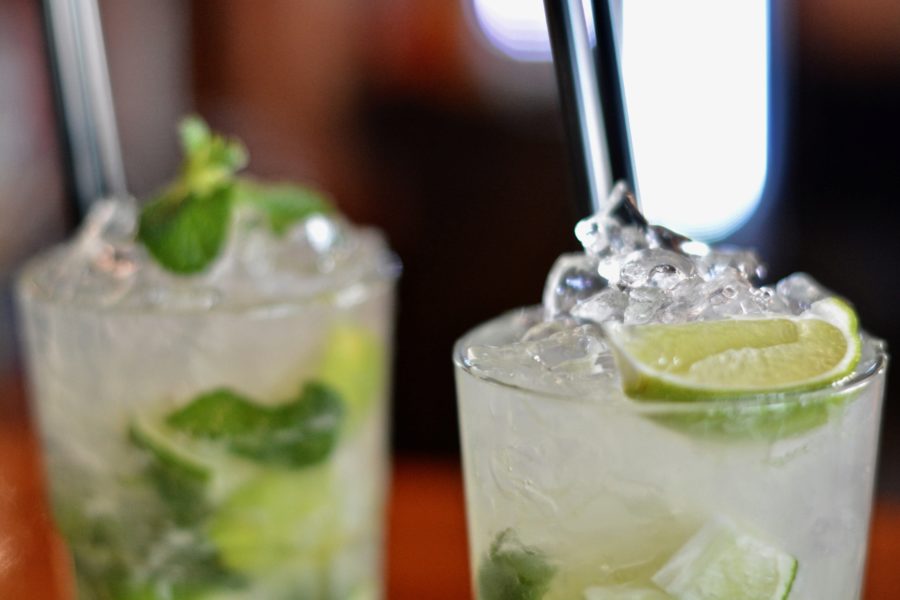Name of the goods or services
Mastering the Law of TrademarksA trademark cannot be registered if it is the name of any of the goods or services the trademark is used with. This applies not only to English or French names of goods or services, but also to names in other languages.
One of the rationales behind barring the registration of such marks is that they are not capable of distinguishing the goods or services of one person from those of another person. For instance, the word BREAD cannot serve as a trademark for bread, as it will not distinguish the bread baked by one baker from that of another. Similarly, the words PAIN (French for "bread") and BROT (German for "bread") cannot be registered as trademarks for bread because these are names for bread in other languages.
If the Trademarks Office were to allow these words to be registered, the owner of the registration would acquire the exclusive right to use the word and thereby prevent competitors from using it. For instance, if the word WINE could be registered as a trademark for wine, then the owner of the registration would be able to prevent other winemakers from using the word WINE with their wine. The bar is intended to prevent this situation, where a person appropriates a word from the common language for their own exclusive use, from happening.
The prohibition does not apply to the name of a good or service with which the trademark is not used. For instance, although the word APPLE cannot serve as a trademark for apples, the word APPLE has been allowed registration as a trademark for use in association with a range of goods that are not apples, such as computers, watches, calendars, hats and backpacks.
Commonly used name
A person cannot monopolize one of the commonly used names of a device by registering the name as a trademark for that device.

FRENCH PRESS
FRENCH PRESS was not registrable as a trademark for non-electric coffee makers, because the term "French Press" was "one of the commonly used names in English in Canada" to describe the type of device at issue.
View the decisionName in a foreign language
The name of a good or service cannot be registered as a trademark for that particular good or service, irrespective of the language in which the name is.

ZUBRÓWKA
ZUBRÓWKA was refused registration as a trademark for vodka because there was sufficient evidence that the word "Zubrówka" was a generic word for bison grass flavoured vodka in the Polish language.
View the decisionFranglais
A trademark composed of words from different languages, such as a word from the French language word plus a word from the English language, might as a whole not be the name of anything in a single language.

LE JUICE
LE JUICE has been allowed registration as a trademark for fruit juices and fruit drinks. The Trademarks Opposition Board noted that because the word "le" is a French language definite article and "juice" is an English language word referring to fluid naturally contained in plant or animal tissue, the mark LE JUICE as a whole could not be said to be the name of anything in the English language nor could it be said to be the name of anything in the French language.
Further Learning Resources
Canada's Trademarks Act governs the registration of trademarks. By virtue of paragraph 12(1)(c) of the Act, no one can get a monopoly for the name in any language of the goods or services with which a trademark is used or to be used.
The Trademarks Examination Manual is published by the Canadian Intellectual Property Office (CIPO) and includes an entry on paragraph 12(1)(c) of the Trademarks Act (at §IV.7 of the Manual).
The material made available on this website does not constitute legal or professional advice and should not be relied upon as such. Always obtain legal advice promptly in deciding an appropriate course of action for your particular situation.